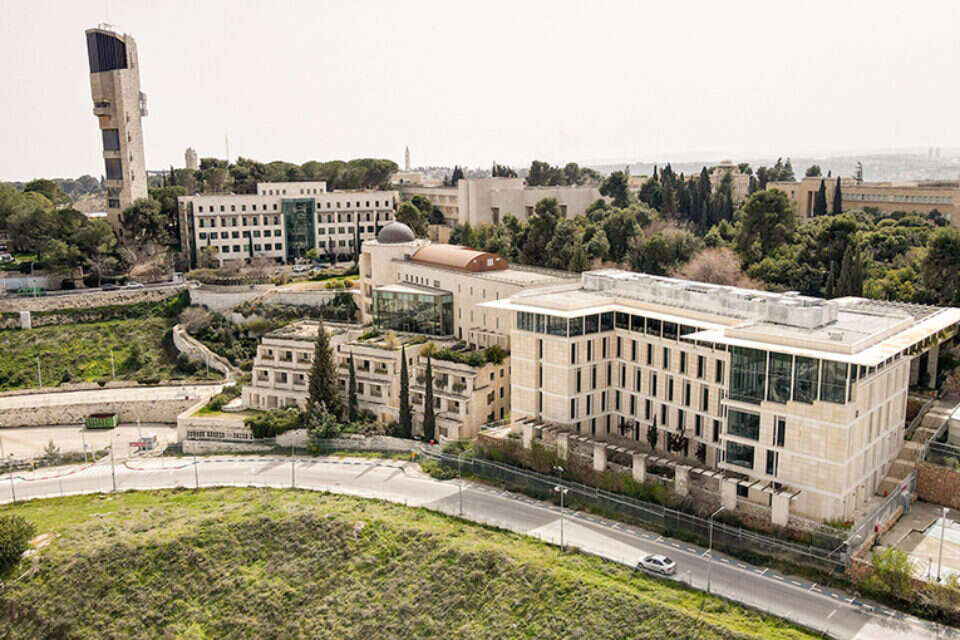Did your parents never attend an academy?
You have quite a chance to receive a scholarship worth tens of thousands of shekels.
The Hebrew University of Jerusalem will for the first time award scholarships to every student accepted into the program, which aims to encourage young people whose parents never attended higher education institutions to enroll in academic studies.
These are scholarships in the amount of NIS 22 million, which will be distributed to 700 selected students from the social and geographic periphery.
These are students who will begin studying in the coming academic year - in October 2023. The scholarship amounts will range from NIS 15,000 to NIS 40,000 per year - in each year of the degree.
The scholarships will be distributed to first generation students, provided they choose to study real subjects such as engineering, computer science, business administration, mathematics, economics, statistics and more.
"Promoting the acceptance of first-generation candidates to the academy is a national mission for us," says Prof. Tamir Shafer, the university's rector.
According to academic studies conducted around the world, parental education is an index that significantly predicts access to higher education and success in it.
From the CBS data published last November, it appears that about half of the young people aged 18-21 in Israel are first-generation academics. However, Israel is still the leader in the proportion of citizens who hold a bachelor's degree compared to the rest of the world.
To register: https://new.huji.ac.il/scholarships
Meanwhile, a change in the way scholarships are distributed to young people who live and study in the periphery brings the state-funded colleges to fight.
The Law of Arrangements that is expected to be passed soon will contain a significant change regarding the distribution of scholarships to these students.
Until now, a student who lived in the geographic periphery or who attended a public college located in the periphery (including Jerusalem) was entitled to a free first year of study.
But now, according to the new law, only students who live in the social periphery (localities with a low socioeconomic rating) will be eligible for the scholarship.
According to the Ministry of Finance and the National Student Union, the current situation causes injustice, because students who do not really need the scholarship receive it.
According to them, now the injustice will be corrected, and from now on young people who live in the social periphery as well as in the center, such as in Lod or Or Yehuda, will be able to receive their first year of studies for free, even if they choose to study at an institution located in the center of the country - which was not possible until now.
Also, as mentioned, the scholarship will be given every year for the three years of study, and in subjects where the degree lasts four years - for all four years of study.
However, there are those who are less satisfied with this decision: the heads of the budgeted colleges located in the periphery - in the Galilee, Safed, Ashkelon and Jerusalem.
They claim that if the law passes, it will harm these colleges, and in fact the incentive for young people to study in the periphery will be eliminated.
were we wrong
We will fix it!
If you found an error in the article, we would appreciate it if you shared it with us

